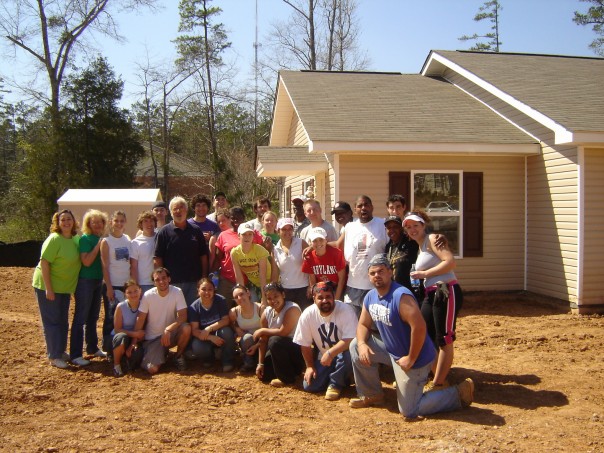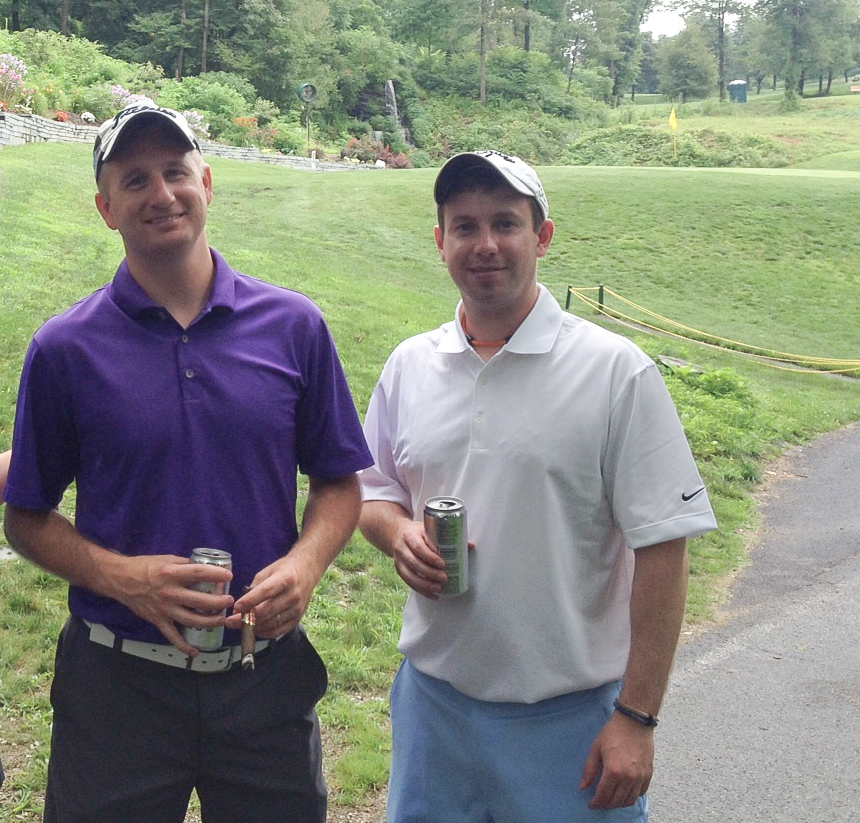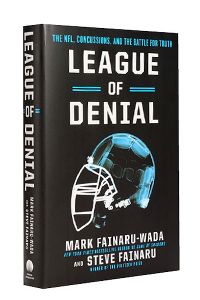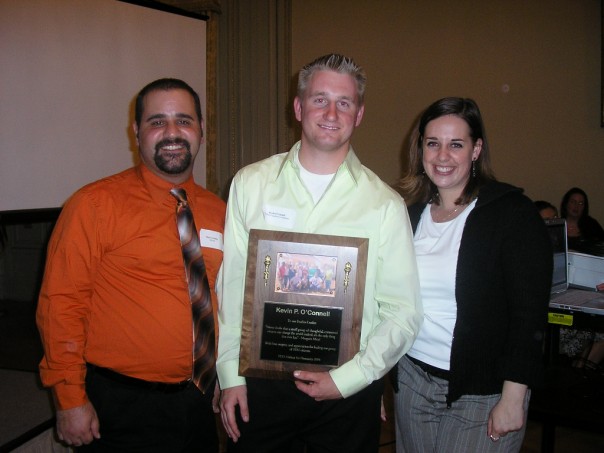 My junior year at FDU took my college experience from good to great because of the new involvement I had on campus and new outlook on myself. The momentum kept strong going into my senior year. I had just completed a three month marketing internship at Ciao Bella Gelato (If you ever come across this, try it), landed a fall internship at a PR company, and was looking for ways to avoid senioritis. Quickly, things like my commitment to the golf team, unnecessary classes, and weak-tied relationships moved to the bottom of my priorities.
My junior year at FDU took my college experience from good to great because of the new involvement I had on campus and new outlook on myself. The momentum kept strong going into my senior year. I had just completed a three month marketing internship at Ciao Bella Gelato (If you ever come across this, try it), landed a fall internship at a PR company, and was looking for ways to avoid senioritis. Quickly, things like my commitment to the golf team, unnecessary classes, and weak-tied relationships moved to the bottom of my priorities.
I introduced you to my friend Russ Bloodgood in yesterday's Day 7 post because of his influence in my senior year. However, his experience on his Habitat for Humanity trip didn’t hit me until around November 2005. At the time, I was the outgoing president of the Marketing Club, held a decent PR internship, and was involved in FDU’s programming committee. I felt that there was still something else out there that I wanted to accomplish.
Enter Michelle (Luff) Brisson. Michelle started working at FDU in August of 2005 as the new Assistant Director of Student Life, and took over for Ray and Nat’s vacant positions. She attended Millersville University for her undergrad and had just graduated from University of Vermont with a masters in Students Affairs. She was the new kid on the block and all of us involved on campus we’re excited for her new energy.
Several of my friends, including Courtney, warmed right up to her and quickly established a student-mentor relationship. It wasn’t until that November, when I went into Michelle’s office and told her about Russ’ Habitat for Humanity experience that we connected. Michelle’s response was nothing short of amazing.
Just like a great Student Affairs professional should be, she was thrilled about the idea.
She matched my enthusiasm and vision to bring it to FDU.
She also said things like “How can I help?” and “What do we need to do to make this work?”
From that initial meeting on, I knew I had at least one person in my corner to make a Habitat for Humanity trip launch. Every Friday until winter break, I spent 8-hour days in Michelle office (Michelle, thanks for letting me crash your office) researching sites, filling out applications, developing guidelines, creating participant applications, designing a marketing plan, building a fundraising strategy, etc. Over winter break, this is all I could think about. We returned in January and Michelle and I started right back up.
We spent countless Fridays interviewing the 30 students who applied for the first trip. Michelle successfully got buy in from our Provost with a $1,000 donation from his budget towards the trip. Once we had our team in place, we met almost every Tuesday evening until our trip. Michelle even helped us find a full-time professional staff member to chaperone the trip - Marc Cocchiola (A tremendous help and addition to the trip). When it was all said and done, we had secured a volunteer spot in Opelika, AL (right outside Auburn, AL), raised upwards of $7,000 in 6 weeks to fund the trip, and won the approval of several administrators to send a group of 15 students to Alabama for spring break.
Michelle’s work wasn’t done. Even though she couldn’t attend the trip, due to a conference she was attending, she helped us execute a banquet to thank our sponsors and bring together the 15 students and their closest friends and family. When it was all said and done, just like my friend Russ, Michelle had impacted and changed the lives of 15 college students. She helped us finish a house in Alabama for a lady named Ms. Penny the week we were there. She even influenced this group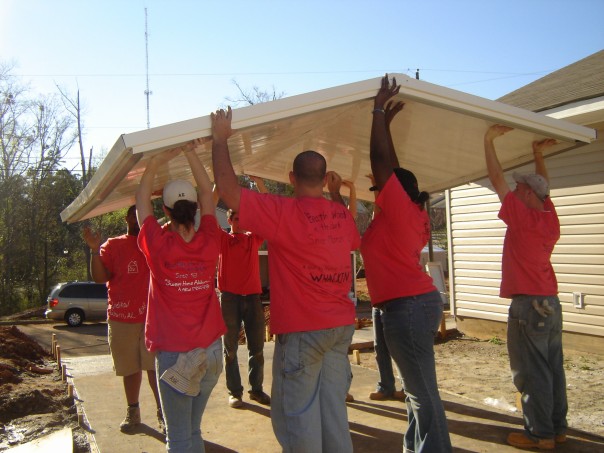 enough that it carried on two more years even after I graduated and she had taken another job.
enough that it carried on two more years even after I graduated and she had taken another job.
Needless to say, Michelle has been a true friend and mentor to Courtney and I. She is the reason we both went into student affairs and want to inspire young adults. As I was trying to break into student affairs, Michelle was there to help me find my first job. She was there as a reference when I applied to work at Rutgers.
Michelle, her hard-working husband Ben, and their adorable three year old daughter Penny are still there for us today. They helped us paint our house the first weekend we moved in. They were there for us the day we had to put down our first dog Abby. They even let us borrow Ol’ Red, their 1994 red Ford-150 when we need to move things my CRV can’t fit.
How They Inspired Me:
When a student presents a new idea to me, I remember the enthusiasm that Michelle had with me. I make sure to give that kind of enthusiasm to every student that comes into my office.
What They Taught Me:
Michelle taught me to have patience and embrace every single moment a student crashes your office whether it be for 5 minutes or 8 hours. When they do that it means they like being around and look up to you - cherish it because you’re making a difference.
#NicheTip:
Ask for help. Finding your niche and following your dreams will often present you with a heavy workload. Chances are there is someone out there that would not only help you, but they would be thrilled to do so. In return, you may just find an incredible mentor and friend.
